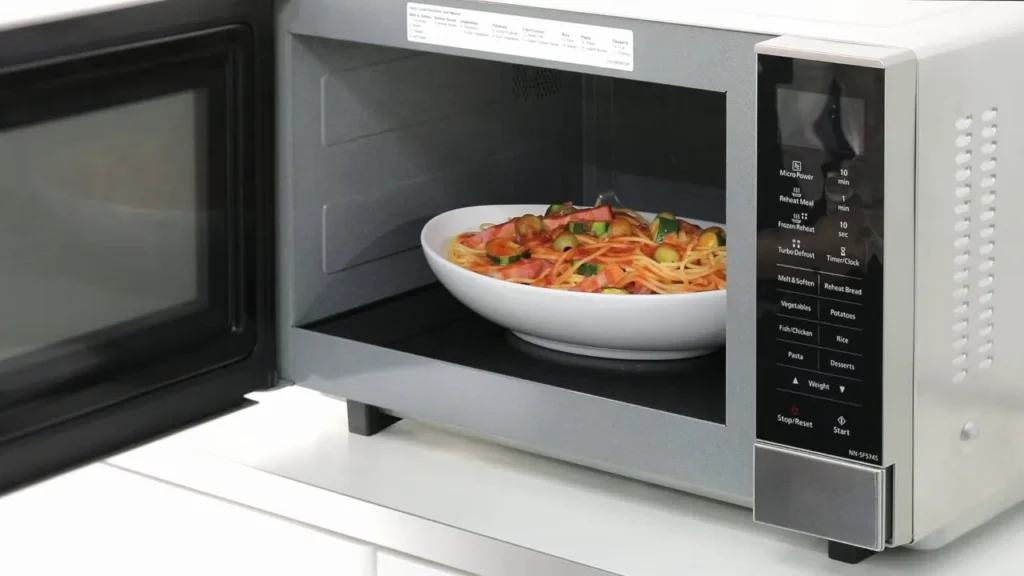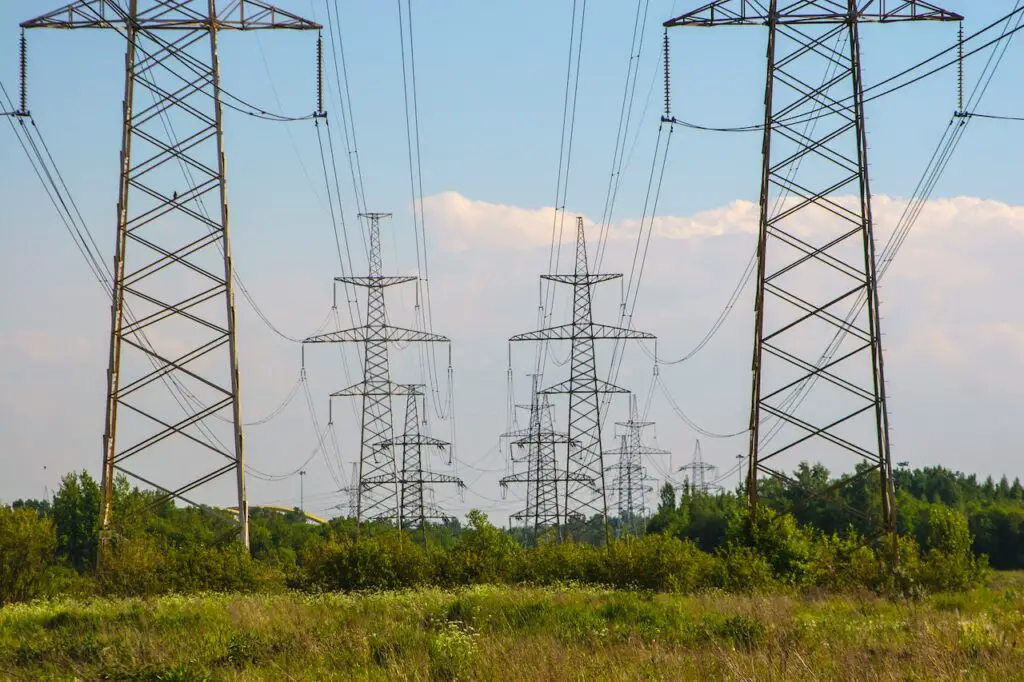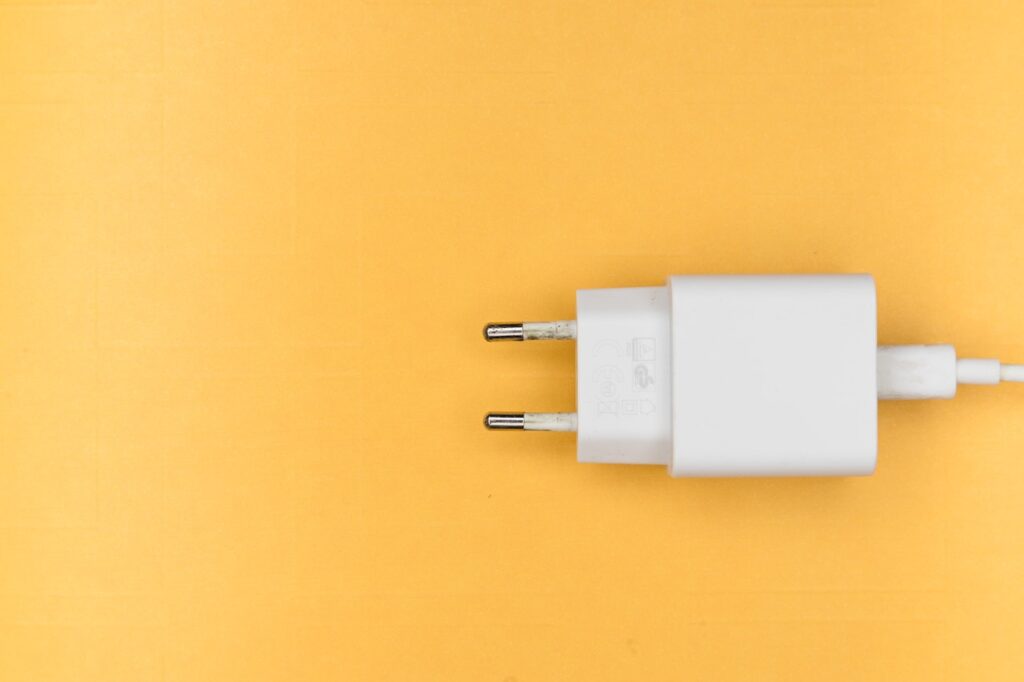If you’re looking to save energy in the kitchen, you might be wondering whether a microwave or an oven is more efficient. While both appliances have their pros and cons, there are some key differences to keep in mind when it comes to energy usage.

Microwaves are often touted as being more energy-efficient than ovens, and in some ways, this is true. Microwaves use electromagnetic waves to directly heat the water molecules inside food, which is a more efficient method of cooking than relying on heat to slowly penetrate the food from the outside. Additionally, microwaves tend to be smaller and require less energy to operate than larger ovens. However, there are some cases where an oven might be a more efficient choice. For example, if you’re cooking a large meal or using your oven to bake multiple dishes at once, it might be more efficient to use the oven rather than the microwave.Unveiling
Microwave vs Oven: Understanding the Basics
What is a Microwave?
A microwave is a kitchen appliance that uses electromagnetic waves to heat food. It works by producing high-frequency waves that penetrate the food and cause the water molecules to vibrate, generating heat. Microwaves are typically used for reheating leftovers, defrosting food, and cooking small portions.
What is an Oven or Stove?
An oven, or stove if you are American, is a kitchen appliance that uses radiant heat to cook food. It works by heating the air inside the oven, which then transfers heat to the food. Ovens can be powered by gas or electricity and come in different sizes, from small toaster ovens to large conventional ovens.
How Do Microwaves and Ovens Heat Food?
Microwaves and ovens use different methods to heat food. Microwaves use electromagnetic waves that cause water molecules to vibrate and generate heat. Ovens, on the other hand, use radiant heat that warms the air inside the oven and transfers heat to the food through conduction.
Energy Efficiency of Microwaves and Ovens
When it comes to energy efficiency, microwaves are generally more efficient than ovens. Microwaves use less energy to heat food because they heat the food directly, while ovens need to heat the air inside the oven first before transferring heat to the food. Additionally, microwaves are typically smaller and require less energy to operate than conventional ovens.
However, there are some factors to consider when comparing the energy efficiency of microwaves and ovens. For example, if you’re cooking large amounts of food, a conventional oven may be more efficient than a microwave. Additionally, some toaster ovens and energy star-rated ovens can be more energy-efficient than microwaves.
In summary, microwaves are generally more energy-efficient than ovens, especially for small amounts of food. However, the energy efficiency of an appliance depends on several factors, such as the cooking method, cookware, and energy use.
Comparing Energy Efficiency of Microwaves and Ovens
Factors Affecting Energy Efficiency
When it comes to energy efficiency, there are several factors to consider. The size of the appliance, wattage, cooking method, and cookware used can all affect energy efficiency. Microwaves and ovens also differ in terms of how they heat food. Microwaves use electromagnetic waves to heat food, while ovens use radiant heat or conduction.
Energy Efficiency of Microwaves
Microwaves are generally more energy-efficient than ovens, especially when it comes to heating small portions. A standard microwave uses about 1,200 watts of electricity, while a large oven can use up to 5,000 watts. Microwaves also have the added benefit of being able to defrost food quickly and efficiently.
Energy Efficiency of Ovens
Conventional ovens can be less energy-efficient than microwaves, especially when cooking small amounts of food. However, larger ovens can be more energy-efficient when cooking larger portions or roasting meat. Gas ovens are generally more energy-efficient than electric ovens, as they heat up faster and use less electricity.
Microwave vs Oven: Which is More Energy Efficient?
When it comes to energy efficiency, the answer depends on what you’re cooking and how much of it you’re cooking. If you’re cooking small portions or reheating leftovers, a microwave is generally more energy-efficient. However, if you’re roasting a large piece of meat or baking bread with a crust, a conventional oven may be more energy-efficient.
Overall, energy-efficient cooking can help reduce your carbon footprint and save you money on energy costs. When shopping for appliances, look for the Energy Star label, which indicates that the appliance meets energy efficiency guidelines. You can also save energy by using an air fryer instead of a large oven for grilling or roasting, and by using glass or ceramic cookware instead of plastic containers.
Other Factors to Consider
Cooking Methods
When it comes to cooking methods, a microwave is best suited for defrosting, reheating, and cooking small portions of food. On the other hand, an oven is better for baking, roasting, and grilling. If you want to cook a large amount of food, a conventional oven is the way to go.
Cooking Time
Microwaves are known for their speed when it comes to cooking food. They can cook food faster than an oven, particularly when you’re cooking small amounts. However, an oven is better for cooking larger amounts of food, and it can take longer to cook food in an oven.
Price
When it comes to price, microwaves are generally less expensive than ovens. However, if you’re looking for an energy-efficient oven, you may need to pay more for an Energy Star-rated oven.
Versatility
Microwaves are more versatile than ovens in terms of the types of food they can cook. Microwaves can cook a variety of foods, including vegetables, bread, and even desserts. However, ovens are better for cooking certain types of food, such as roasts and baked goods.
When it comes to cooking methods, cooking time, price, and versatility, there are pros and cons to both microwaves and ovens. It’s important to consider your cooking needs and preferences when deciding which appliance to use.
Remember that microwaves are best for defrosting, reheating, and cooking small portions of food quickly. Ovens are better for baking, roasting, and grilling large amounts of food. If you’re looking for an energy-efficient appliance, consider an Energy Star-rated oven.




